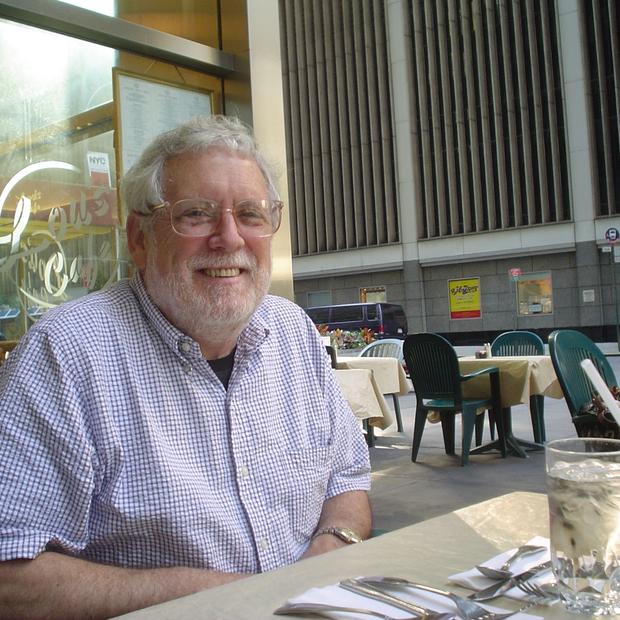Its residents consume more coffee per capita than Washington and leave the leave largest tips in restaurants and for services. It’s the third largest producer of craft beers in the country. And it may be the nation's pickup truck capital with more trucks per capita than anywhere else.
And beyond all that, Alaska is still one of the most important parts of the Puget Sound economy. A report released Feb. 6 by the Seattle Metro Chamber of Commerce found that Alaska accounted for approximately 113,000 direct, indirect and induced jobs in the six-county region in 2013, and that these jobs generated $6.2 billion in wages.
The report (“Ties that Bind: The Enduring Economic Impact of Alaska on the Puget Sound Region”), which was produced by the McDowell Group, includes findings from King, Pierce, Snohomish, Kitsap, Whatcom and Skagit Counties.
It confirmed what has been true since the Alaska gold-rush days, when Seattle outfitted the thousands heading for the Klondike to make their fortunes:
“Puget Sound and Alaska benefit from a dynamic and diverse economic relationship that serves residents here and in Alaska,” said Maud Daudon, president and CEO of the Seattle Metropolitan Chamber of Commerce. “Our shared connection is a win-win: Puget Sound businesses provide more than $5.3 billion in essential goods and services to Alaskans.”
Among the findings:
- Freight/cargo: Interstate trade with Alaska accounted for over 80 percent of domestic containerized shipments through the Ports of Seattle and Tacoma, and 20 percent of total containerized shipments.
- Seafood: Just under 24,000 Puget Sound jobs and $1.3 billion in wages are tied to Alaska’s seafood industry.
- Passenger transportation and tourism: Nearly half the Alaska cruise market comes through Seattle, resulting in 434,600 people embarking and/or disembarking in the city.
- Maritime Support: Roughly 25 percent of all maritime industrial support services in our area are connected to Alaska-related business, which equates to 5,300 jobs and $390 million in wages.
- Refining: Alaska supplies nearly half of all crude oil refined in the Puget Sound region.
- Health Care: The Seattle metro area is home to several specialized medical centers that provide life-saving care for many Alaskans. The economic impact of Alaskan patients using Puget Sound medical facilities is 1,200 jobs and $87 million annually.
- Education: Washington is the top state, outside of Alaska, for postsecondary enrollment among Alaska residents, who attend over 30 postsecondary institutions in the six-county Puget Sound area.
Joe Sprague, senior vice president of communications and external relations for Alaska Airlines, said Alaska still represents about 20 percent of the airline’s business, serving 19 destinations. (More than half of them without highway access.) According to Sprague, more than one million air passengers travel between Alaska and Sea-Tac Airport each year.
Neal Fried, an economist with the Alaska Department of Labor in Anchorage, said that the decreasing price of oil means the Alaska economy will likely be flat in 2015 with no job growth. That comes after relatively flat growth of 0.3 percent for both 2013 and 2014. “The price of oil is the biggest force in the Alaskan economy over the next few years,” Fried said.
Population growth, usually another economic driver, also will be down in 2015. After a recent peak of 16,000 new residents in 2010, population growth has slowed and turned negative, Fried said.
Pressed for a forecast on the price of oil, Fried was cautious. He noted that the average price of oil over the past 30 years or so is $47 a barrel. In 2008, the price ranged from $134 a barrel to $34. He said that with supply now substantially exceeding demand, he expected the price to remain relatively low for some time.
Heather Haugland of the McDowell Group said the outlook for Alaska is mixed with oil prices, slow population growth and near capacity for cruise ships on the downside. On the upside are a potential natural gas pipeline, continued strength in the seafood industry and growth in tourism.


